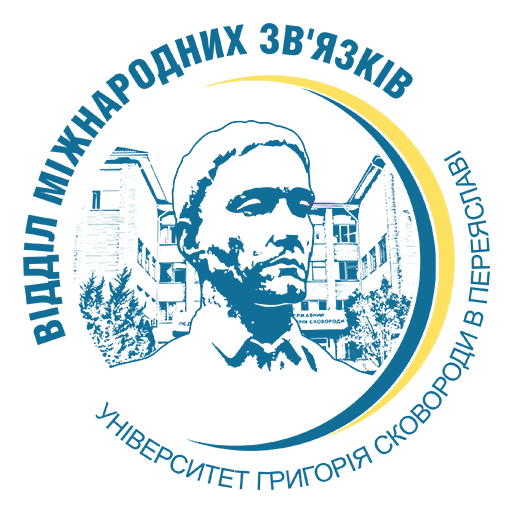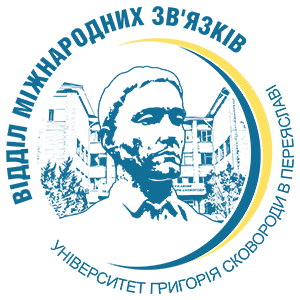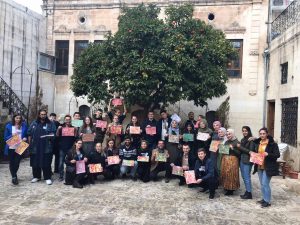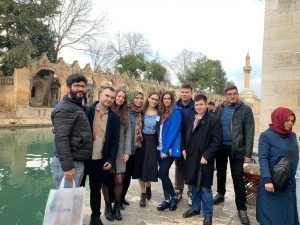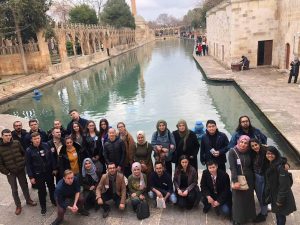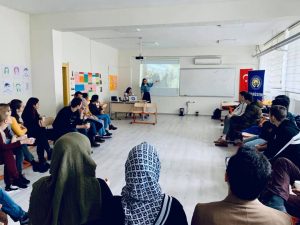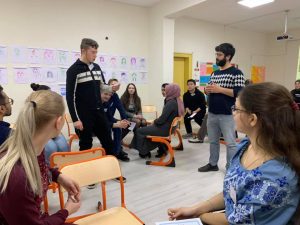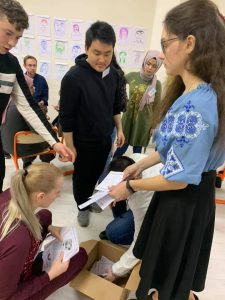- For our international partners
- Our international cooperation
- Cooperation with NGOs
- Ukrainian-Danish cooperation
- Ukrainian-Chinese cooperation
- Cooperation with IFSSO
- Ukrainian-Czech cooperation
- Ukrainian-Polish cooperation
- Ukrainian-Moldovan cooperation
- Ukrainian-German cooperation
- Ukrainian-French cooperation
- Ukrainian-Turkish cooperation
- Ukrainian-Finnish cooperation
- Implemented projects
- Academic Integrity and Quality Initiative – Academic IQ
- Erasmus+ “SOS” project
- Erasmus+”UTTERLY” project
- “Management of Internationalisation and German-Ukrainian Academic Cooperation 2022/2023” (MoI Ukraine)
- Erasmus+ Youth “Strengthen Cross-Cultural Connections, Embrace the Differences”
- Erasmus + “Tracing Cultural Heritage” project
- Erasmus + Youth “Different Country, A Different Life”
- Erasmus+ Youth “Unity is Strength”
- Erasmus+ «Let’s write a utopia» project
- Erasmus+ “Picture on the Wall” project
- Erasmus+ Youth “Eco-future”
- Academic mobility program at Adam Mickiewicz University in Poznan
- The Polish National Agency for Academic Exchange (NAWA)
- ERASMUS+
- Institute of International Education and Cooperation with Business
- SALTO-YOUTH
- Double degree program
